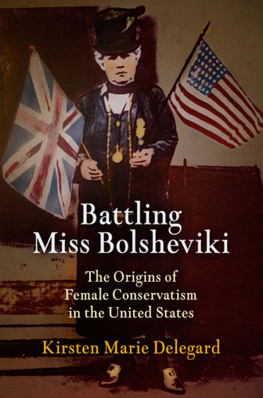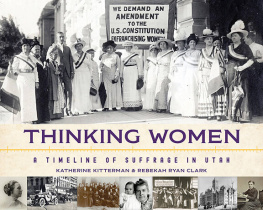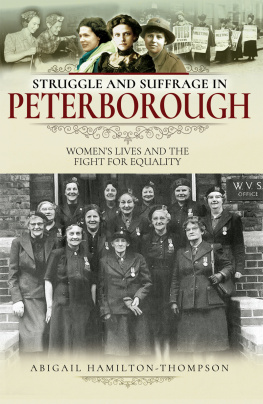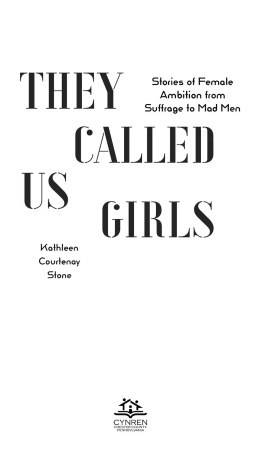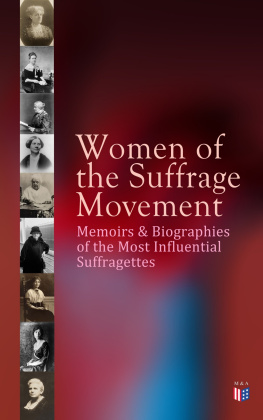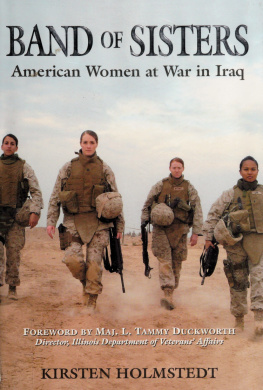Kirsten Marie Delegard - Battling Miss Bolsheviki: The Origins of Female Conservatism in the United States
Here you can read online Kirsten Marie Delegard - Battling Miss Bolsheviki: The Origins of Female Conservatism in the United States full text of the book (entire story) in english for free. Download pdf and epub, get meaning, cover and reviews about this ebook. year: 2012, publisher: University of Pennsylvania Press, genre: Politics. Description of the work, (preface) as well as reviews are available. Best literature library LitArk.com created for fans of good reading and offers a wide selection of genres:
Romance novel
Science fiction
Adventure
Detective
Science
History
Home and family
Prose
Art
Politics
Computer
Non-fiction
Religion
Business
Children
Humor
Choose a favorite category and find really read worthwhile books. Enjoy immersion in the world of imagination, feel the emotions of the characters or learn something new for yourself, make an fascinating discovery.
- Book:Battling Miss Bolsheviki: The Origins of Female Conservatism in the United States
- Author:
- Publisher:University of Pennsylvania Press
- Genre:
- Year:2012
- Rating:4 / 5
- Favourites:Add to favourites
- Your mark:
Battling Miss Bolsheviki: The Origins of Female Conservatism in the United States: summary, description and annotation
We offer to read an annotation, description, summary or preface (depends on what the author of the book "Battling Miss Bolsheviki: The Origins of Female Conservatism in the United States" wrote himself). If you haven't found the necessary information about the book — write in the comments, we will try to find it.
Why did the political authority of well-respected female reformers diminish after women won the vote? In Battling Miss Bolsheviki Kirsten Marie Delegard argues that they were undercut during the 1920s by women conservatives who spent the first decade of female suffrage linking these reformers to radical revolutions that were raging in other parts of the world. In the decades leading up to the Nineteenth Amendment, women activists had enjoyed great success as reformers, creating a political subculture with settlement houses and womens clubs as its cornerstones. Female volunteers piloted welfare programs as philanthropic ventures and used their organizations to pressure state, local, and national governments to assume responsibility for these programs.
These female activists perceived their efforts as selfless missions necessary for the protection of their homes, families, and children. In seeking to fulfill their maternal responsibilities, progressive women fundamentally altered the scope of the American state, recasting the welfare of mothers and children as an issue for public policy. At the same time, they carved out a new niche for women in the public sphere, allowing female activists to become respected authorities on questions of social welfare. Yet in the aftermath of the suffrage amendment, the influence of women reformers plummeted and the new social order once envisioned by progressives appeared only more remote.
Battling Miss Bolsheviki chronicles the ways women conservatives laid siege to this world of female reform, placing once-respected reformers beyond the pale of political respectability and forcing most womens clubs to jettison advocacy for social welfare measures. Overlooked by historians, these new activists turned the Daughters of the American Revolution and the American Legion Auxiliary into vehicles for conservative political activism. Inspired by their twin desires to fulfill their new duties as voting citizens and prevent North American Bolsheviks from duplicating the success their comrades had enjoyed in Russia, they created a new political subculture for women activists. In a compelling narrative, Delegard reveals how the antiradicalism movement reshaped the terrain of womens politics, analyzing its enduring legacy for all female activists for the rest of the twentieth century and beyond.
Kirsten Marie Delegard: author's other books
Who wrote Battling Miss Bolsheviki: The Origins of Female Conservatism in the United States? Find out the surname, the name of the author of the book and a list of all author's works by series.

